Drink milk tea, eat fried chicken instead of rice
At the age of 30, Minh Khang lives alone in Ho Chi Minh City, working every day as a media manager with a stressful job. Having been skinny since childhood, he has never had to worry about gaining weight or becoming obese. Therefore, Khang just calmly eats whatever is convenient, as long as he has enough energy to work.
In the morning, he often stopped by a roadside shop to buy a loaf of bread, accompanied by a strong glass of iced milk coffee. At noon, whatever his colleagues ate, Khang ate. Some days he ate a boxed lunch, other days he had a quick meal of fried chicken, spaghetti, or pizza.
But the highlight of Khang’s day is his afternoon milk tea with full toppings. He jokes with his colleagues that it is the “dose of doping” that helps him cope with the endless planning.
In the evening, Khang continued to eat instant noodles or order fast food and ended up with sweet soup or cake.
"I'm used to eating sweets for dessert after every meal. Without sweets, my mind feels restless, I can't concentrate on work, and I even have trouble sleeping at night," Khang shared.

Instant noodles and fast food are an indispensable part of Khang's busy life (Photo: Freepik).
Unlike Khang, Hong Hanh is 27 years old, has been married for only half a year but her husband often goes on business trips far away. On the days when her husband is home on leave, she becomes a capable woman, every meal has enough vegetable soup, braised fish, and braised meat. However, when her husband is away, all the routine seems to fall apart.
In the morning, Hanh often sleeps in, skips meals, and rushes to work. At noon, she follows her colleagues to grab some fast food to get through the day and then rushes back to work.
In the evening, Hanh sometimes feels inspired to cook a simple meal in the kitchen, but most of the time she orders takeout for convenience and then continues working. There are even days when Hanh doesn’t eat and chooses to drink milk tea instead of rice.
She had a well-proportioned body, with curves in proper proportion, so the initial changes in her weight were not noticeable. It was only when she went for a routine health check-up that Hanh was shocked. Within a year, she had gained 5kg, and the test results also showed that her blood sugar was increasing abnormally.
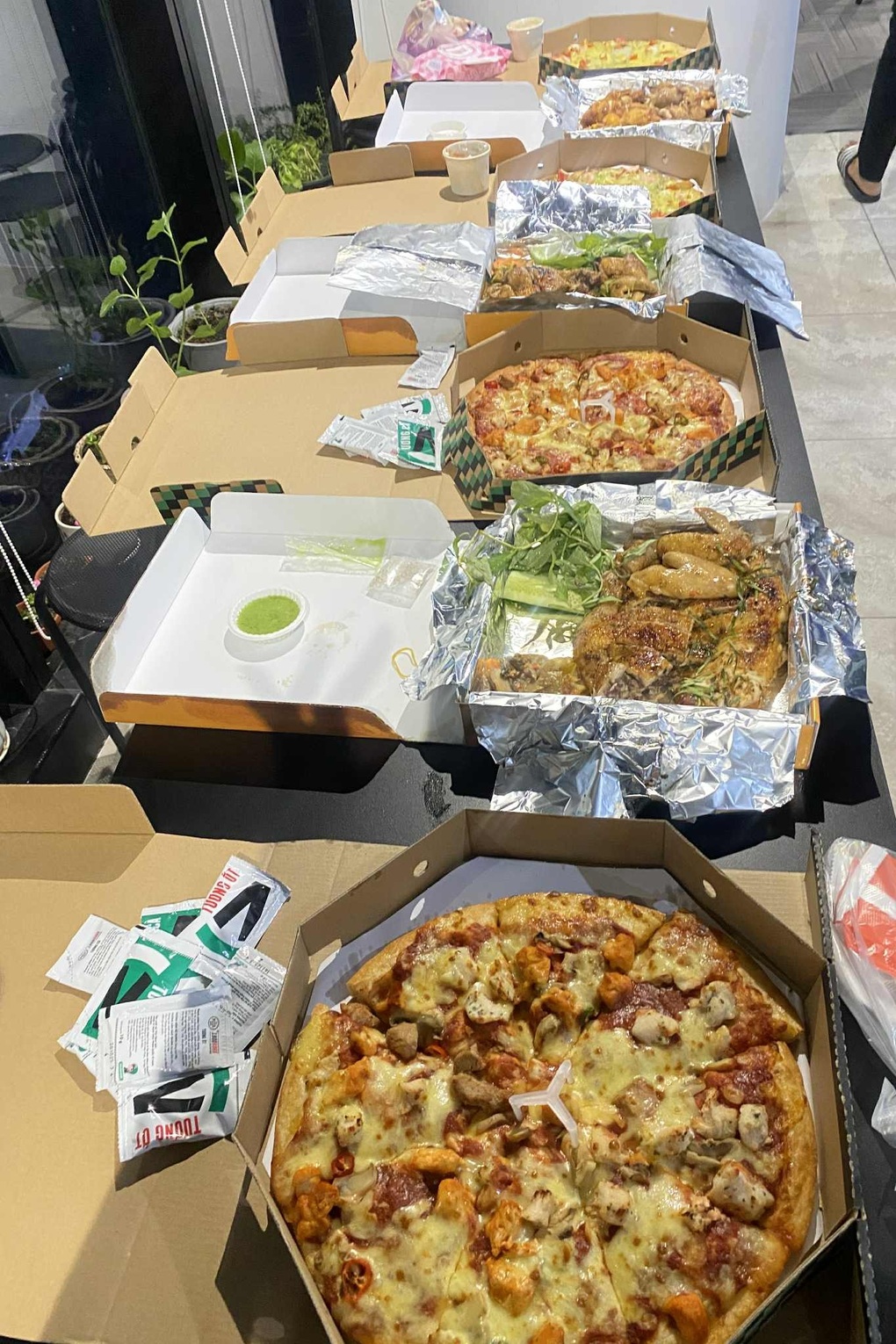
Hanh's company's familiar weekly lunch (Photo: NV).
Convenience habits lead to the risk of kidney failure
Sharing with Dan Tri , Dr. Nguyen Phoi Hien, University of Medicine and Pharmacy Hospital, Ho Chi Minh City, branch 3, nowadays, the pace of modern life is increasingly hectic, choosing fast food to replace traditional meals has become popular, especially among young people.
However, this diet not only causes nutritional imbalance but is also one of the high risk factors leading to kidney damage, even causing chronic kidney failure if prolonged.
"In clinical practice, doctors are seeing more and more young patients with chronic kidney disease without any history of underlying disease. Part of the reason is a sedentary lifestyle, eating a lot of processed foods, drinking milk tea instead of water, skipping rice and eating noodles, skipping meals, and eating at night," Dr. Hien shared.

Fast food and bubble tea can lead to many serious health consequences (Photo: Freepik).
In Vietnam, according to statistics from the National Institute of Nutrition in 2023, the rate of children and adolescents with diets exceeding the threshold of salt, sugar and fat is increasing, but they are severely deficient in vitamins A, D, iron and zinc. These elements are essential for the functioning of the immune system and internal organs, including the kidneys.
Fast food is often high in calories but low in micronutrients. Instant noodles, French fries, fried chicken, snacks… mainly provide refined carbohydrates, saturated fat, sodium and preservatives.
When completely replacing rice with fast food, the body will lack the necessary nutrients for metabolism, including the excretory function of the kidneys.
Every “convenience” of skipping a home-cooked meal disrupts the body’s homeostasis. The kidneys are the silent organs responsible for filtering blood and eliminating toxins. If overworked for many years, the consequences will come quietly and persistently.
In addition, most fast foods have a very high salt (sodium) content to create a rich flavor and preserve for a long time. According to the World Health Organization (WHO), an adult should not consume more than 5g of salt per day. However, a pack of instant noodles can contain 1.8-2.5g of salt, not to mention the amount of salt from other dishes during the day.
When you consume too much salt, your kidneys have to work overtime to remove excess sodium from your body. Over time, this can lead to high blood pressure, which is one of the leading causes of chronic kidney failure.
In addition, additives such as monosodium glutamate (MSG), inorganic phosphate (found in many types of sausages, processed cheeses...) are also related to kidney cell damage if used long-term at high doses.
Young people's favorite drinks such as milk tea, soft drinks, energy drinks, etc. contain unusually high amounts of sugar, and also pose potential risks from additives, colorants, and artificial sweeteners.
Drinking too much sugar increases the risk of obesity, insulin resistance, and diabetes. In addition, creamers and toppings in milk tea often contain inorganic phosphates that can cause an imbalance in calcium-phosphorus metabolism. All of these are factors that promote glomerular damage, leading to the risk of kidney failure.
Source: https://dantri.com.vn/suc-khoe/nguy-co-tu-suy-than-tu-che-do-an-tien-loi-20250819104122080.htm





![[Photo] Prime Minister Pham Minh Chinh receives President of Cuba's Latin American News Agency](/_next/image?url=https%3A%2F%2Fvphoto.vietnam.vn%2Fthumb%2F1200x675%2Fvietnam%2Fresource%2FIMAGE%2F2025%2F12%2F01%2F1764569497815_dsc-2890-jpg.webp&w=3840&q=75)




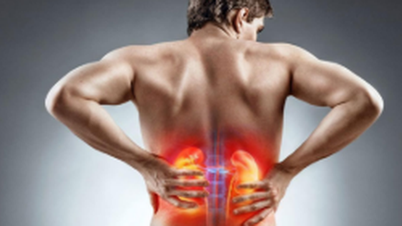




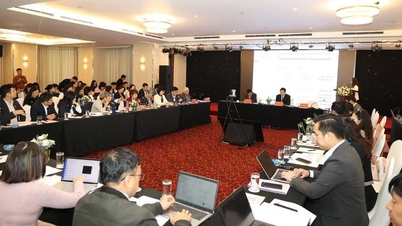

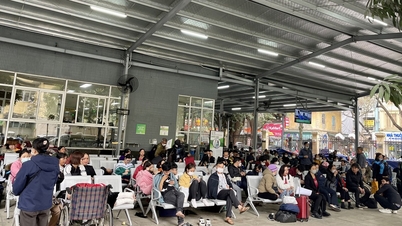
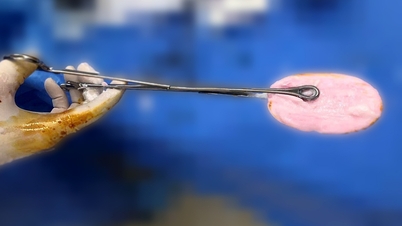

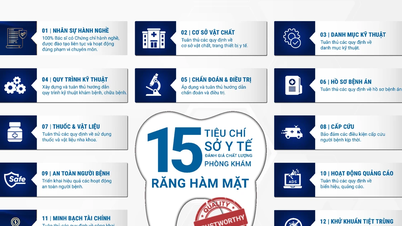

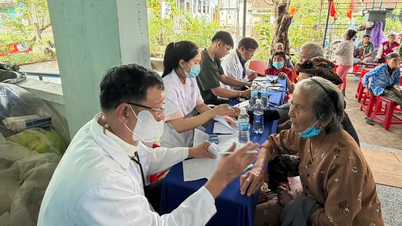

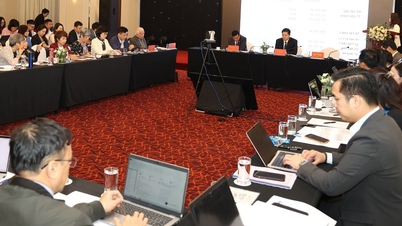





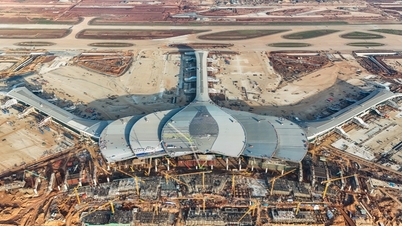


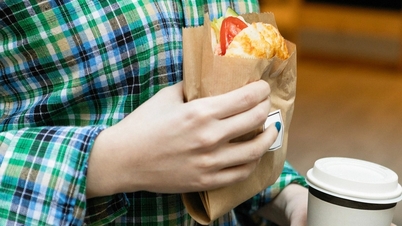
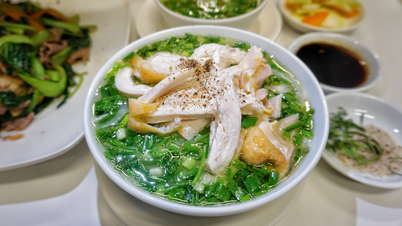











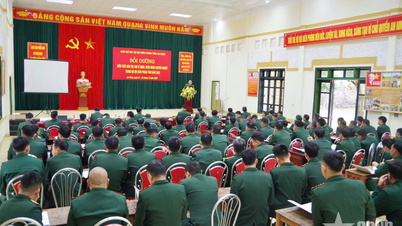


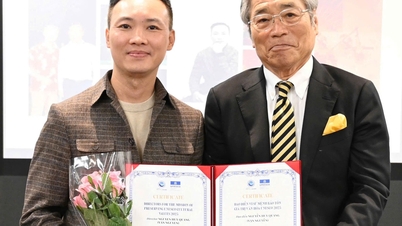








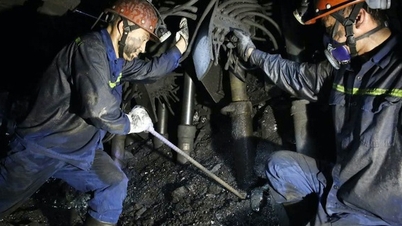






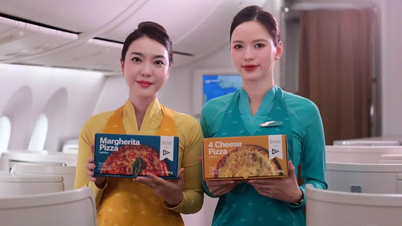













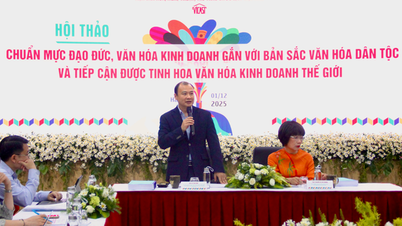


























Comment (0)